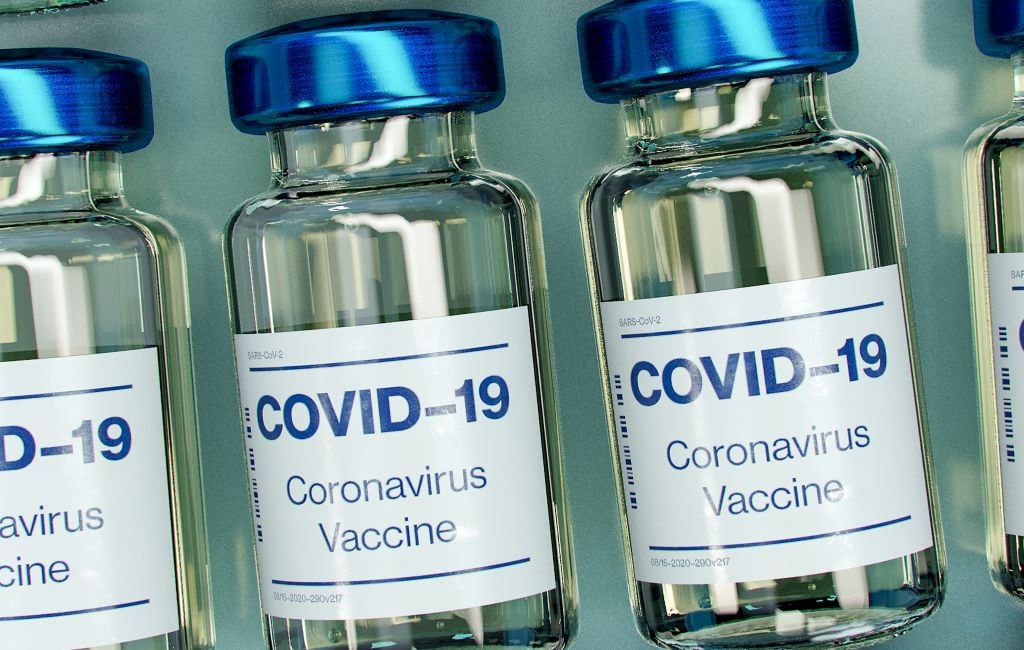
ECRI Guidance: Legality and Ethics of Refusing to Treat Unvaccinated Patients
Perhaps the most hopeful development in protecting individuals from severe illness related to COVID-19 has been the advent of several vaccines. They are especially important for those at greatest risk for the worst outcomes of COVID-19, such as the elderly or immunocompromised, as well as healthcare workers whose jobs place them at increased risk of exposure. And yet, vaccine hesitancy remains a challenge in the United States and worldwide.
After two difficult years, some in the medical profession are asking if they are obligated to treat patients who refuse COVID-19 vaccines. There are no simple answers to such a complex question, but ECRI has provided guidance in response to member questions on this topic.
ECRI’s guidance on this topic addresses the ethical and legal implications of refusing treatment to those who are not vaccinated against COVID-19. It walks healthcare providers through the tough questions surrounding unvaccinated patients and discusses how to really listen and establish open lines of communication, so providers can address concerns and misinformation.
It covers alternatives to in-person care, such as telehealth visits when appropriate, and risk assessment for healthcare staff members. It also asks providers to examine their motivations and determine whether the desire not to treat unvaccinated patients is based on the provider’s personal beliefs or personal reasons or driven by a critical need to protect other patients and providers in the practice. Crucial to the guidance discussion is information about the need to prevent unlawful discrimination and to include the organization’s legal and risk management teams in discussions and decision-making.
By engaging the team in evaluating the approach, healthcare organizations and providers can determine how best to keep patients safe, make ethically justifiable decisions, and avoid unlawful discrimination.
Want to learn more? Visit us at https://www.ecri.org.
